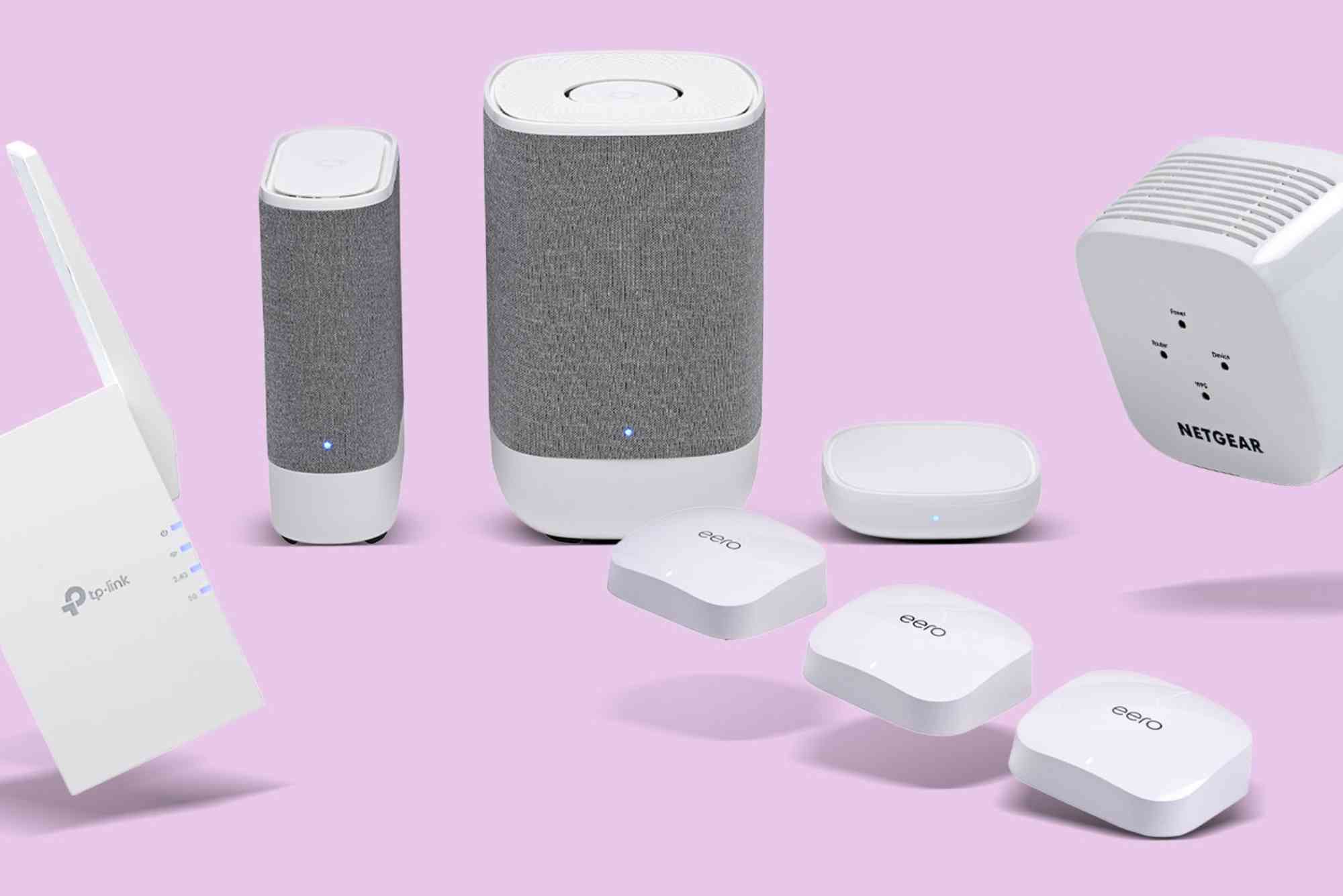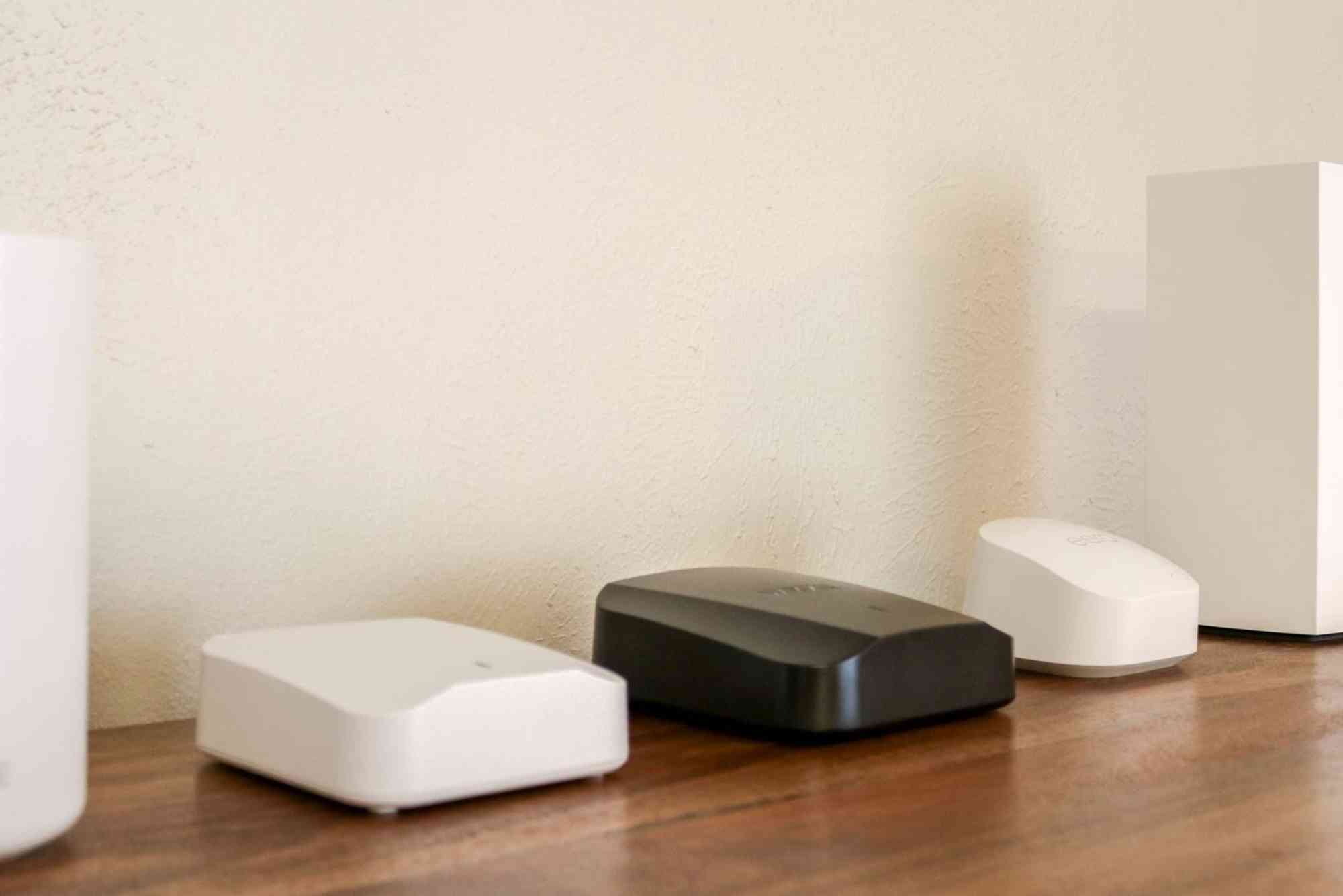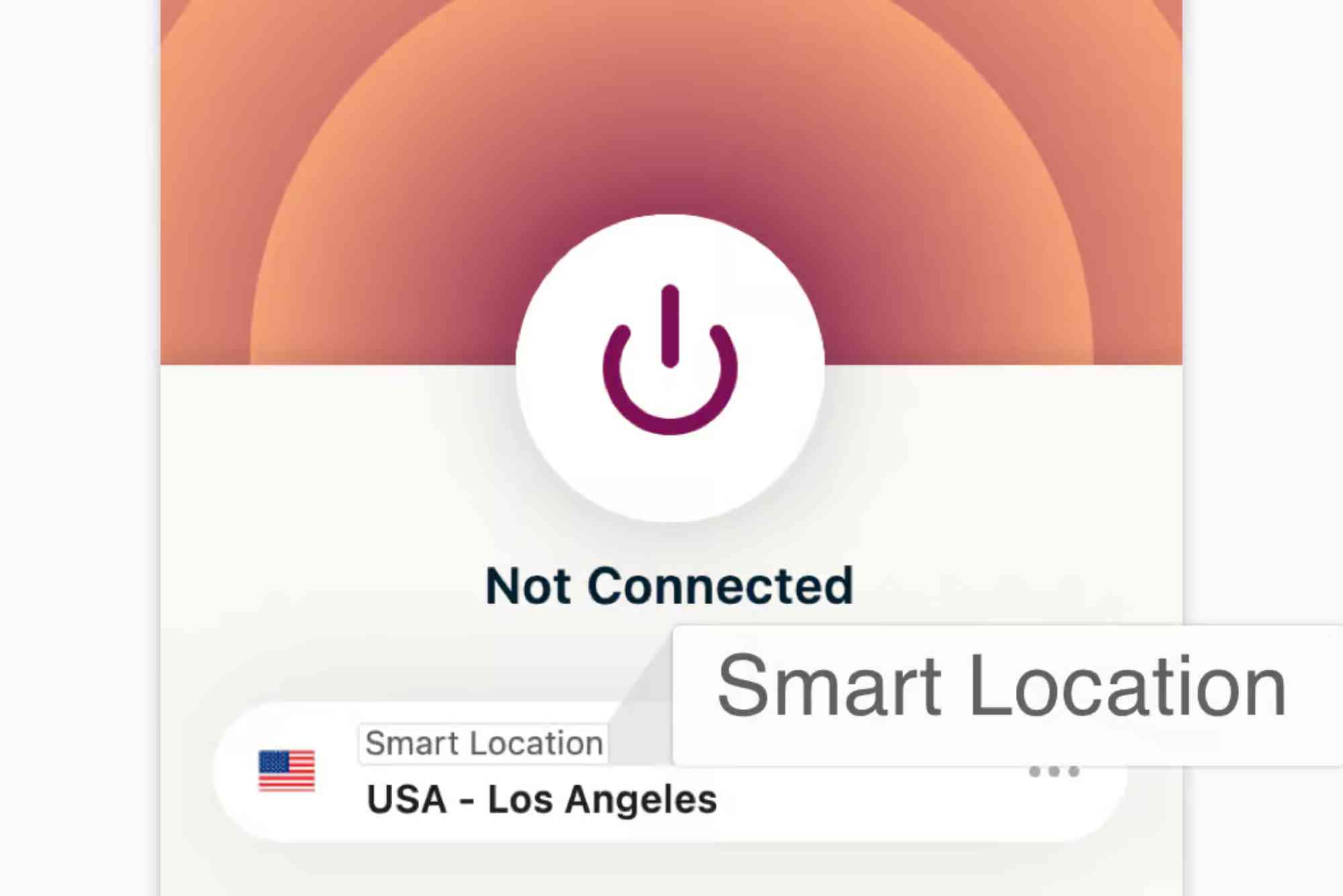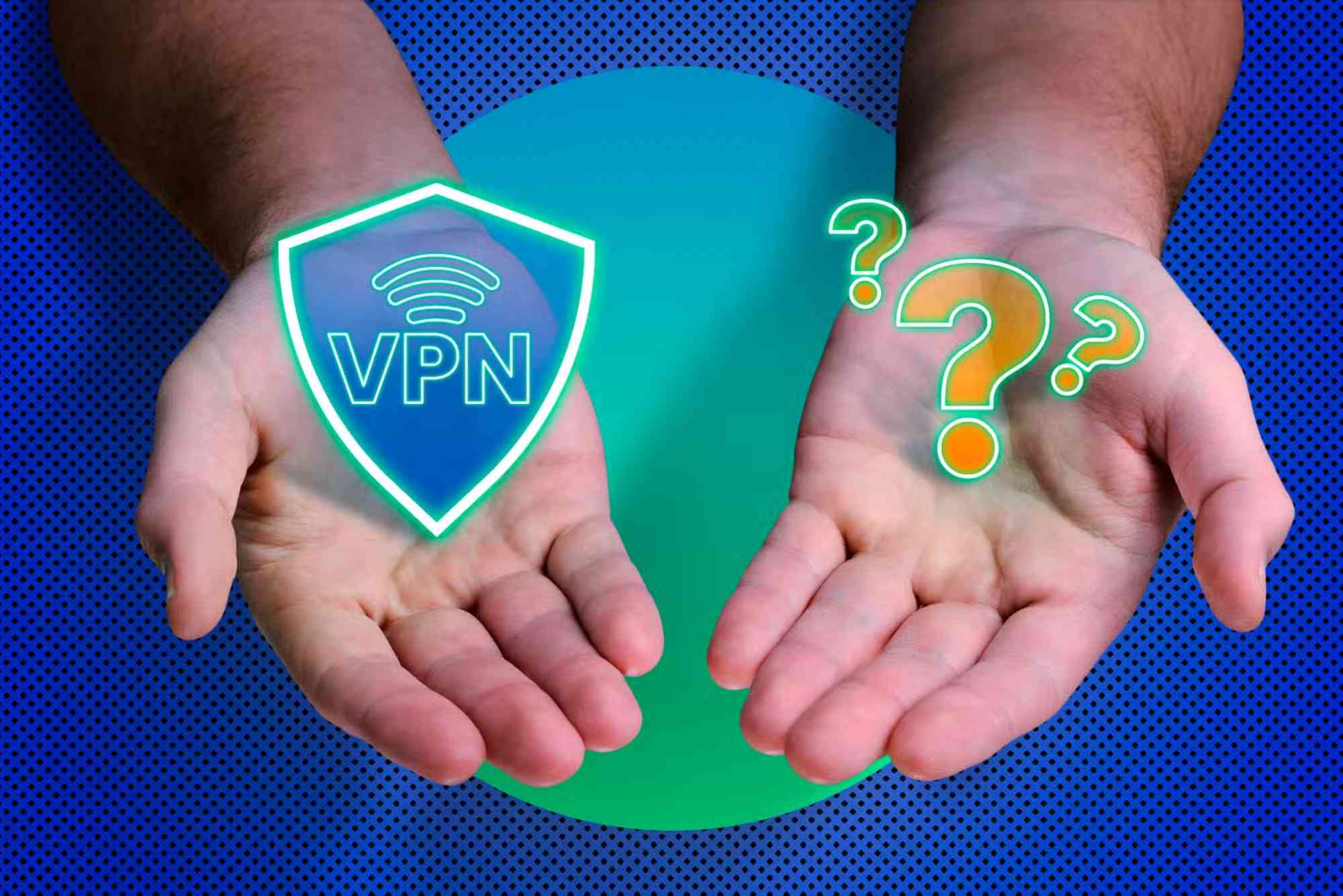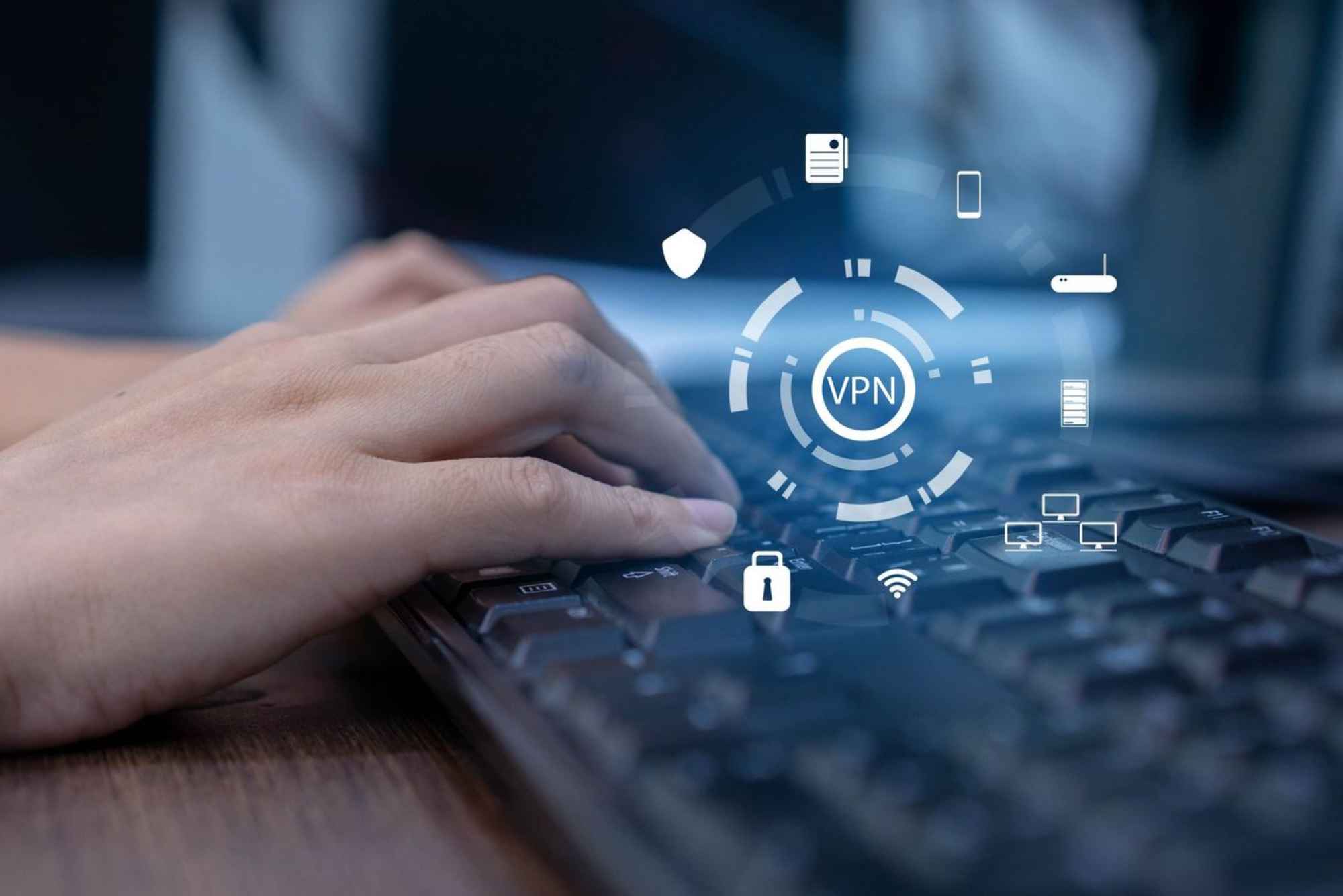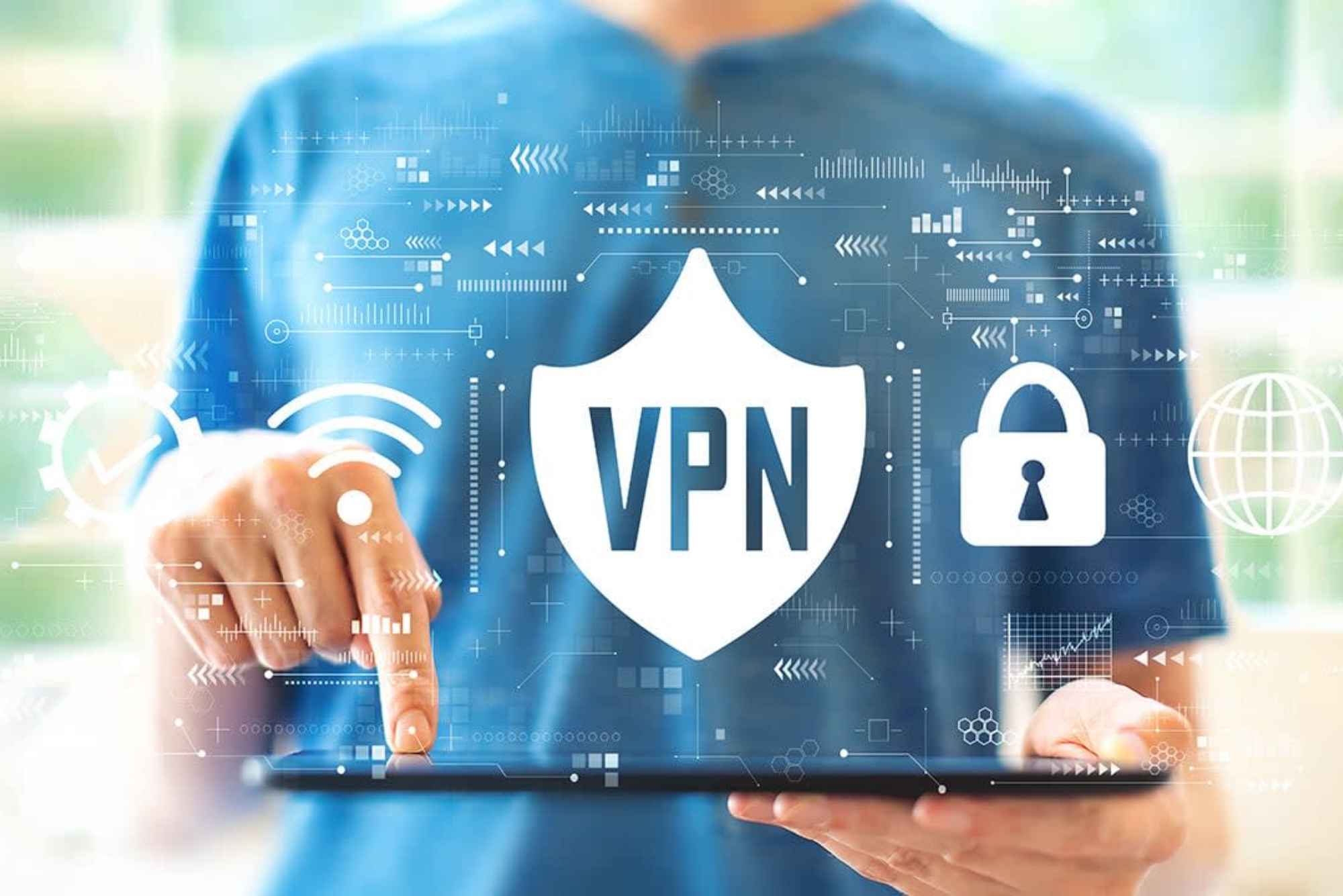Introduction
In today’s digital world, privacy and security have become more valuable than ever. Many internet users turn to free proxy servers as a quick solution to hide their IP address, bypass restrictions, or access blocked websites. While this may sound convenient, the truth is that the risks of using free proxy servers often outweigh the benefits. These tools promise anonymity, but in reality, they can open the door to serious threats, including data theft, malware infections, and compromised privacy.
Understanding these hidden dangers is essential before deciding whether a free proxy is worth it. In this guide, we will break down the real risks, explain why these services are dangerous, and provide safer alternatives you can rely on.
Why People Use Free Proxy Servers
Many internet users are drawn to free proxies because they are free and easy to access. Students often use them to bypass school or university restrictions. Travelers use them to access region-locked content, and employees sometimes rely on them to get around workplace limitations. The allure lies in their promise of anonymity and unrestricted browsing.
Unfortunately, what looks like a harmless shortcut can quickly become a nightmare. Without knowing it, users put themselves at risk of cyberattacks, identity theft, and even surveillance. To truly understand the risks of using free proxy servers, let’s dive deeper into the problems that come with them.
The Risks of Using Free Proxy Servers
Privacy Violations and Data Tracking
One of the biggest misconceptions about free proxy servers is that they protect privacy. In reality, most free proxies collect and store user data. When you browse through a proxy, every request you send—such as visiting a website or entering login credentials—passes through their servers. If the proxy provider is untrustworthy, your sensitive information, including usernames, passwords, and even banking details, may be harvested and sold.
Free proxies are not regulated, which means anyone can set up a server and pose as a provider. Cybercriminals take advantage of this by running malicious proxies designed to spy on unsuspecting users. Instead of hiding your digital footprint, you end up handing over your online identity.
Malware Injection and Cyber Threats
Another major risk of using free proxy servers is the possibility of malware injection. Some proxies modify web pages you visit by inserting advertisements or malicious scripts. These changes are often invisible at first glance, but they can redirect you to phishing sites, trigger automatic downloads, or infect your system with ransomware.
Once malware is on your device, attackers can gain remote access, steal your files, or monitor your keystrokes. What began as a simple attempt to bypass restrictions could result in complete system compromise.
Lack of Encryption and Weak Security
Free proxies rarely offer encryption. This means that the data you send and receive remains exposed, making it vulnerable to interception by hackers. When you access sensitive sites like email or online banking, your information travels in plain text.
Without encryption, anyone monitoring your network can see what you are doing online. This is especially dangerous on public Wi-Fi, where attackers can use simple tools to intercept your data. Instead of safeguarding your connection, a free proxy might create more opportunities for cybercriminals.
Poor Performance and Unreliable Connections
Apart from privacy and security risks, free proxies are notorious for slow speeds and unreliable performance. Because they are free, thousands of users often connect to the same server at once, leading to congestion and frustrating delays.
Connections often drop, and websites may load incompletely. For users streaming videos, playing games, or working remotely, this performance issue is more than an inconvenience—it can disrupt productivity and cause serious frustration.
Hidden Costs and Exploitation
Although labeled as “free,” many proxy servers exploit users in hidden ways. Some providers bombard you with invasive ads. Others collect and sell browsing data to advertisers. In extreme cases, your bandwidth may be hijacked, meaning your internet connection is used without your consent to support illegal activities or botnets.
This creates not only a privacy risk but also potential legal consequences if your IP address is linked to criminal actions.
Real-World Examples of Proxy Dangers
Numerous reports have highlighted the dangers of free proxies. In one study, researchers discovered that more than 60% of free proxy servers were either insecure or malicious. Many actively injected ads or stole login credentials.
There have also been cases where free proxy services were caught selling user data to third-party companies. These examples prove that the risks of using free proxy servers are not theoretical—they happen every day to real users.
Safer Alternatives to Free Proxy Servers
If your goal is to stay private and secure online, free proxies are not the answer. Instead, consider safer alternatives that offer real protection.
Paid Proxy Services
Unlike free proxies, paid proxy services are managed by reputable providers who have an incentive to maintain trust. They often provide stronger security, better performance, and customer support.
Virtual Private Networks (VPNs)
VPNs are one of the most effective alternatives. They encrypt your internet traffic, mask your IP address, and protect your data from hackers. With a VPN, you can bypass restrictions while maintaining security and privacy. Trusted providers do not log your data, ensuring your online activities remain anonymous.
Secure Internet Service Providers
Partnering with reliable internet providers also enhances your safety. For example, Dhanote Internet Services focuses on delivering stable, secure, and high-quality connections that reduce the need for risky shortcuts like free proxies. Choosing a trustworthy provider ensures you get both speed and protection.
Frequently Asked Questions
Are free proxy servers safe to use?
No, free proxies often expose users to serious security and privacy risks. Many track your data, inject malware, or sell information to third parties.
Can free proxy servers steal my passwords?
Yes, because all your traffic passes through their servers. Malicious providers can log sensitive data, including usernames and passwords.
Why are free proxy servers so slow?
Free proxies are overloaded with users, which creates congestion and reduces speeds. Some also intentionally slow connections to push paid upgrades.
Is a VPN safer than a free proxy?
Absolutely. VPNs encrypt your traffic, protect your data, and ensure privacy. Free proxies offer little to no protection in comparison.
Can I use a free proxy for streaming?
While some users do, it is not recommended. Free proxies often fail to unblock streaming sites reliably and may expose you to malware or data theft.
The risks of using free proxy servers are far greater than most people realize. What seems like a convenient solution for browsing anonymously can lead to stolen data, malware infections, and compromised security. Free proxies fail to protect your privacy and often exploit your information for profit.

